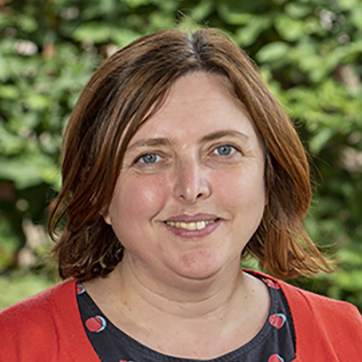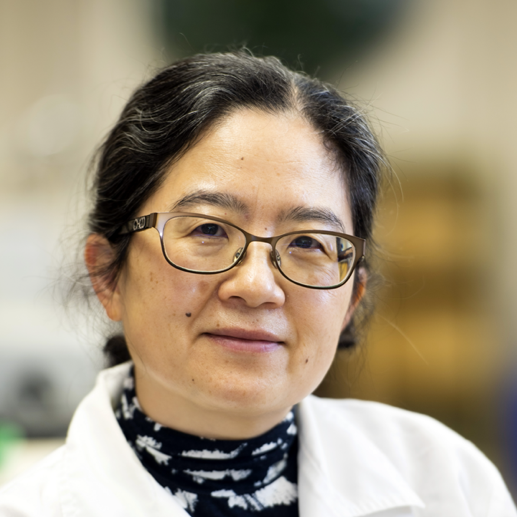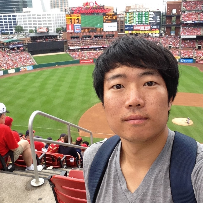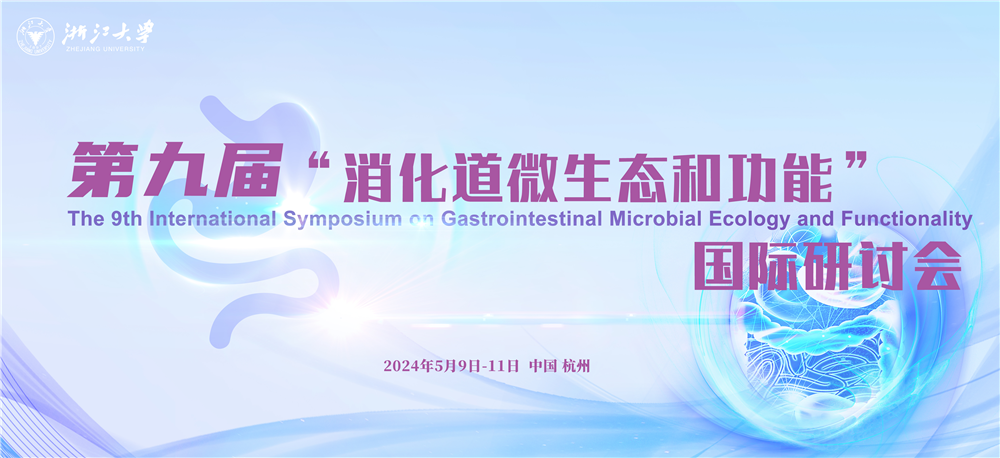Organizer:
College of Animal Science, Zhejiang University, China
Co-organizers:
Xianghu Lab
Zhejiang University of Science and Technology
College of Animal Science and Technology, Nanjing Agricultural University
Chinese Society of Animal Husbandry and Veterinary Medicine Animal Nutrition branch
Key Laboratory of Animal Molecular Nutrition, Ministry of Education, Zhejiang University
Biological feed R & D and safety Zhejiang international science and technology cooperation base
Execution unit:
Hangzhou Qizhen exhibition service Co., Ltd

Prof. Sharon Huws (Queen’s University Belfast, United Kingdom).
Professor in Animal Science and Microbiology within the School of Biological Sciences and the Institute for Global Food Security. Prof. Huws in responsible for the delivery of World-leading research and impact within the school. On a personal level, her research focuses on enhancing sustainable livestock production within the remit of ensuring planetary and human health. She has won over £10M in funding in the past 5 years, published over 150 publications and led many global initiatives (e.g., she coordinated the global “Rumen Microbial Genomics” network which underpinned the mission of the Global Research Alliance for Methane Mitigation from 2013-2023; currently she is leading a global project with 16 partners across the World (RUMEN Gateway project) to build a major biobank of ruminant gastrointestinal tract microbes) Prof. Huws is a Senior editor for the journal Microbiome and Editor-in-chief for the sister journal Animal Microbiome. She also sits on the Scottish Government's Academic Advisory Panel, which underpins the work of the Agricultural Reform Implementation Oversight Board.

Prof. Itzik Mizrahi (Ben-Gurion University of the Negev, Israel)
A senior faculty member in BGU's School of Sustainability and Climate Change and senior researcher at the The National Institute for Biotechnology in the Negev. Prof. Mizrahi's microbial eco-genomics lab focus on understanding the microbial ecosystems of the rumen environment and other gut microbial ecosystems. Specifically, they are interested in the factors that determine microbial community assembly in gut environments and the effect of gene mobility via plasmids on their ecology. Prof. Itzhak Mizrahi is internationally recognized in the field of rumen genomics and microbial ecology. He was selected as the Fellows of the American Academy of Microbiology in 2023 and granted the prestigious European Research Council (ERC) starting and consolidator grants by which he continues to pursue his research interests.

Prof. Leluo Guan (The University of British Columbia, Canada).
Faculty of Land and Food Systems, The University of British Columbia. Canadian Research Chair (Tier 1) in Functional Genomics & Animal Microbiome. Prof. Guan’s research focuses on 1) Elucidation of the molecular mechanisms of host-microbiome interactions by characterization of bovine gut microbiome and its functions using metagenomics/metatranscriptomics/ metabolomics approaches, and host gene expression using a functional genomics approach; 2) Association between gut microbial ecology and feed efficiency, methane emission and gut immunity development in beef and dairy cattle; 3) Understanding of the bovine transcriptome, proteome, and non-coding RNAs and their roles in economically important traits. She has published more than 320 research papers, the papers were cited more than 16,000 times and the H-index was 73. Some papers were published in internationally renowned journals, such as, Genome biology、Microbiome、FEMS Microbial Ecology、Applied & Environmental Microbiology、 Journal of Dairy Science etc.

Prof. Zhongtang Yu (The Ohio State University, United States).
Professor in the Department of Animal Science, The Ohio State University. Prof. Yu is interested in ecological studies of microorganisms inside (mainly the gastrointestinal track) and outside (the surrounding environments) of food animals that are important to animal nutrition and health. He is also interested in studies of the microbiome of human gastrointestinal tract. His second research interest centers on the microbiological underpinning of anaerobic digestion of biomass wastes to methane biogas. He is also interested in the ecological studies of antibiotic resistance originating from food-animal production. Both classical microbiological methods and molecular biology techniques (e.g., real-time PCR, recombinant DNA techniques, DGGE), metagenomics, comparative genomics, proteomics, and microarrays are employed in his research. He has published more than 200 research papers, the papers were cited more than 20,000 times and the H-index was 72.

Prof. Jana Seifert (University of Hohenheim, Germany).
Professor in the Department of Functional Microbiology of Livestock at the University of Hohenheim, Germany, where she works on the microbiome-animal interaction and the use of feeding resources by the gut microbiome. Prof. Seifert is the co-lead of the Global Research Alliance (Rumen Microbial Genomics Network). She has published more than 100 peer-reviewed research papers, which have been cited more than 6900 times.

Prof. Metha Wanapat (Khon Kaen University, Thailand).
Professor in the Department of Animal Science, Khon Kaen University. He has been engaging in research and teaching in ruminant nutrition especially on rumen ecology, microbiomes, fermentationend-products, mitigation of methane and feed utilization since 1980. He has paid more focus on the exploitation of agricultural and industrial by- products in ruminant feeding to enhance their productivity. His research works have been disseminated and implemented globally to enhance the production of beef cattle, dairy cattle, buffaloes and small ruminants. With his achievements and continuing contributions, he has been awarded many outstanding awards both nationally and internationally. In addition, he has been honored to serve as a Consultant and Scientific Adviser to many International Organizations including IFS, FAO, EU, ILRI, ICARDA, NUFU, High-end Foreign Expert, the One Belt, One Road Initiative Policy, PR. China etc.

Prof. Lijuan Yuan (Virginia Tech, United States).
Professor in Department of Biomedical Sciences and Pathobiology, Virginia Tech. The mission of Prof. Yuan’s laboratory is to study the pathogenesis and immunity of enteric pathogens and to develop novel prophylactics and therapeutics against enteric viruses. Her research interests include (1) Pathogenesis and innate and adaptive immune responses induced by enteric viruses (i.e., norovirus and rotavirus) in gnotobiotic pig models of human enteric virus infection and diseases; (2) The development of passive immune prophylactics and therapeutics against diarrheal pathogens; (3) The development of more effective vaccines against viral gastroenteritis. Prof. Yuan received Albert Nelson Marquis Lifetime Achievement Award from The Marquis Who’s Who Publications Board. She has published more than 100 research papers, which were cited more than 5,000 times.

Prof. Satoshi Koike (Hokkaido University, Japan).
Professor, Hokkaido University Research Faculty of Agriculture. He is engaged in research on why cattle are able to grow by consuming a roughage diet only. The most important clue lies in the way microbes function in the digestive tract of cattle. Prof. Koike research is aimed at identifying the mechanism behind the way tiny microbes work together to support the nutrition of large cattle, thereby helping to develop a more efficient way to produce milk and meat that will also ensure humans and livestock have no need to compete for diet in the future. He has published more than 80 research papers, the papers were cited more than 14,000 times. Now, he is an associate editor of Animal Science Journal.

Ass. Prof. Tansol Park (Chung-Ang University, South Korea).
Dr. Park currently works at the Department of Animal Science and Technology in Chung-Ang University as assistant professor. He focuses on gut microbiology, especially about rumen microbiome. Specifically, research will focus on the impact of diets and gut microbiome on nutrient utilization in ruminants. Rumen protozoology is one of the major interests.
